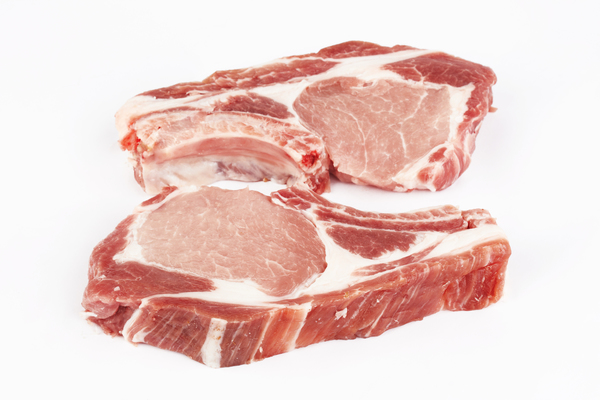Beef protein

What is beef protein?
Beef protein, also known as beef protein isolate, is a high-quality protein obtained from beef. It contains all the essential amino acids that your dog needs to build and maintain muscles, skin, hair, bones and organs. Beef protein has a high biological value, which means that it can be utilized very well by your dog's body. Beef protein is also low in fat and easy to digest.
How is beef protein produced?
Beef protein is produced through a process called hydrolysis. This involves treating the beef with water and enzymes that break down the protein molecules into smaller fragments. These fragments are then filtered and dried to produce a powder consisting almost entirely of protein. The powder can then be processed into various products such as food or treats.
What are the benefits of beef protein for dogs?
Beef protein has several benefits for your dog's diet and health:
- It provides high-quality protein, which is important for many bodily functions.
- It supports your dog's muscle development and performance.
- It promotes your dog's skin and coat health.
- It can help regulate your dog's weight as it is filling and low in fat.
- It can be a good alternative for dogs that are allergic to other protein sources such as poultry or soy.
What are the disadvantages of beef protein for dogs?
Beef protein also has some disadvantages or risks that you should be aware of:
- It can be too expensive as it is a high quality product.
- It can lead to an oversupply of protein if your dog gets too much of it. This can lead to kidney problems or other health complaints.
- It can lead to a deficiency of other nutrients if your dog gets too little of other food components such as carbohydrates or fiber.
- It can lead to an intolerance or allergy if your dog is sensitive to beef. This can manifest itself in symptoms such as itching, diarrhea or vomiting.
What should you look out for when choosing a product with beef protein?
If you want to give your dog a product with beef protein, you should pay attention to a few points:
- Pay attention to the quality of the product. It should come from certified and controlled beef and not contain any harmful additives such as sugar, artificial flavors or preservatives.
- Pay attention to the quantity of the product. Your dog should not get more than 25 to 30 percent of its daily energy requirements from protein. The exact amount depends on your dog's size, age and activity level. You can use the manufacturer's feeding recommendation as a guide.
- Make sure the product is varied. Your dog should not only get beef protein, but also other protein sources such as lamb, fish or egg. He should also get sufficient carbohydrates, fiber, vitamins and minerals from other food components such as vegetables, fruit or cereals.
- Pay attention to the compatibility of the product. Your dog should not be given beef protein if he is allergic or intolerant to it. You can test this by giving him a small amount of the product and observing his reaction. If he shows no symptoms, you can slowly increase the amount. If he shows symptoms, you should discontinue the product.
Beef protein is a high quality protein that has many benefits for your dog's diet and health. It can help your dog build muscle, maintain his skin and coat, regulate his weight and prevent allergies. However, beef protein also has some disadvantages or risks that you should be aware of. It can be too expensive, too much, too little or incompatible for your dog. You should therefore always pay attention to the quality, quantity, variety and compatibility of the product.
If you notice any signs of hypersensitivity or poisoning in your dog, you should see your vet immediately. We are not a substitute for a vet, but we try to be as accurate as possible. Every dog reacts differently and we recommend you get a second opinion or consult your vet if in doubt.
Stay healthy and take good care of your four-legged friend!😊
Similar to Beef protein
Calf protein comes from the meat of young cattle and is known for its high nutritional value and easy digestibility. It is often used in high-quality dog food, both in fresh and processed form, and...
Pig protein is an animal protein obtained from the meat or by-products of pigs. It can be processed either as fresh meat or as dried or hydrolyzed meat meal. Pork protein contains various amino...
Duck protein is, as the name suggests, a protein obtained from the meat of ducks. It is a high-quality source of protein for dogs that contains many essential amino acids. Amino acids are the...
Chicken protein is a collective term for various proteins that are obtained from chicken meat, offal or feathers. Proteins are important building blocks for your dog's body and fulfill many...



